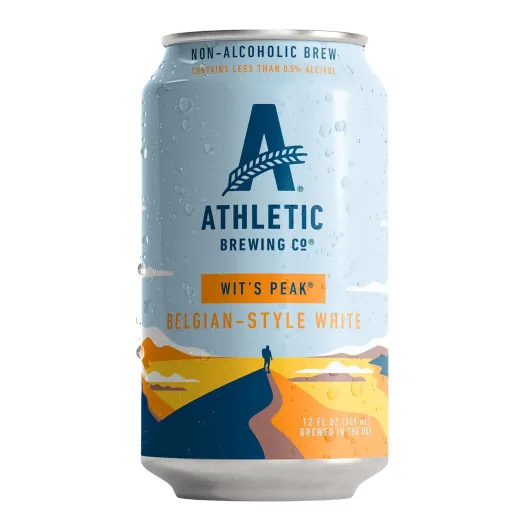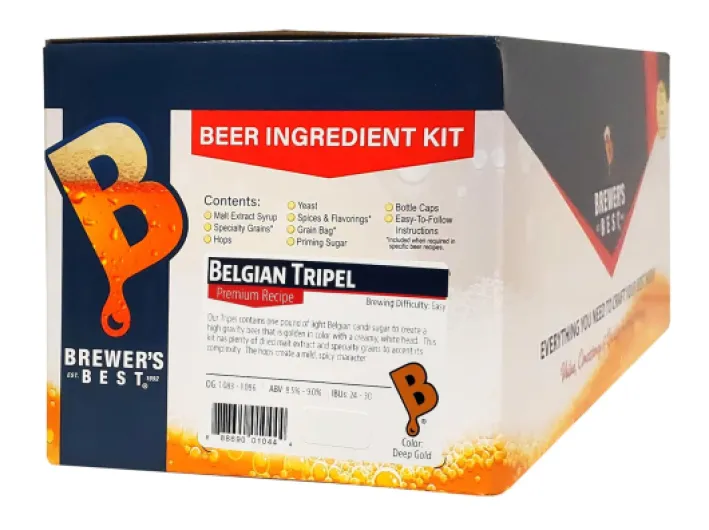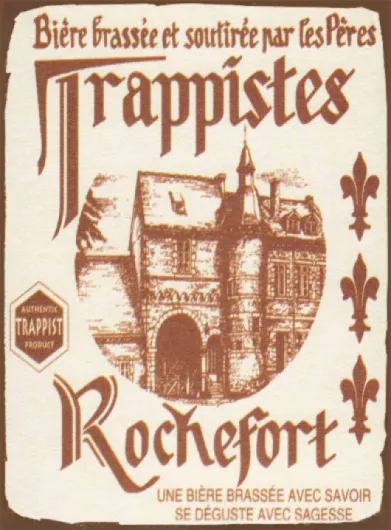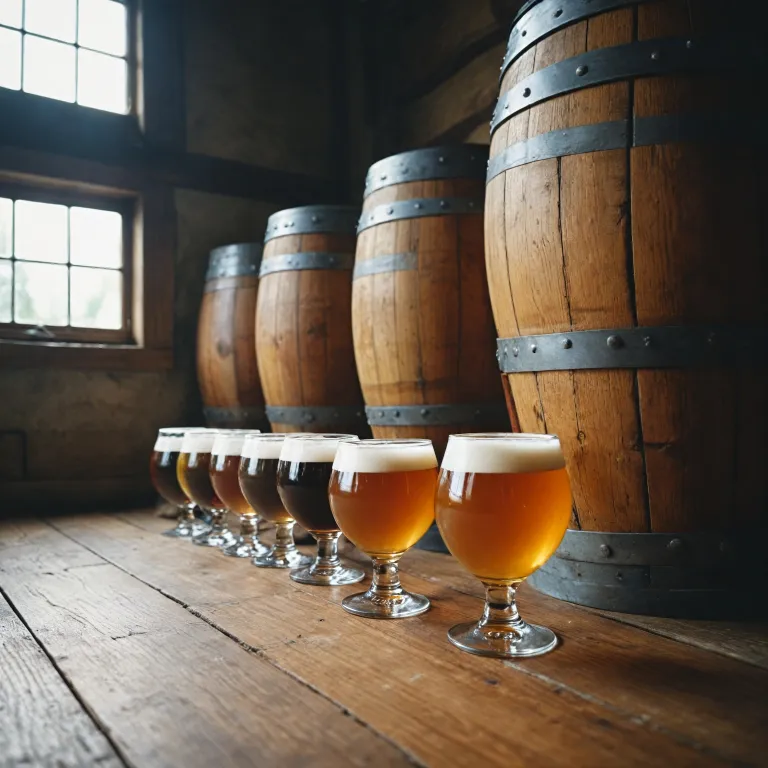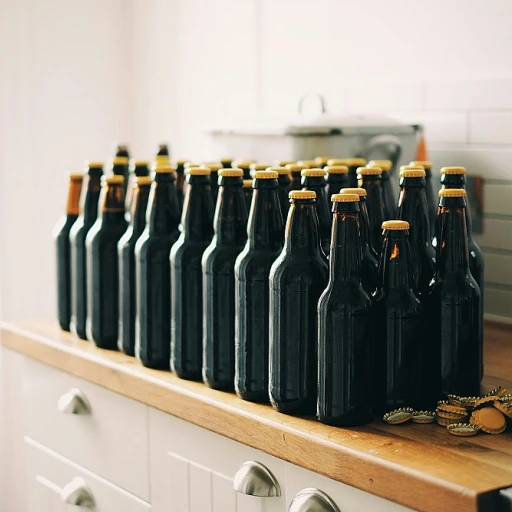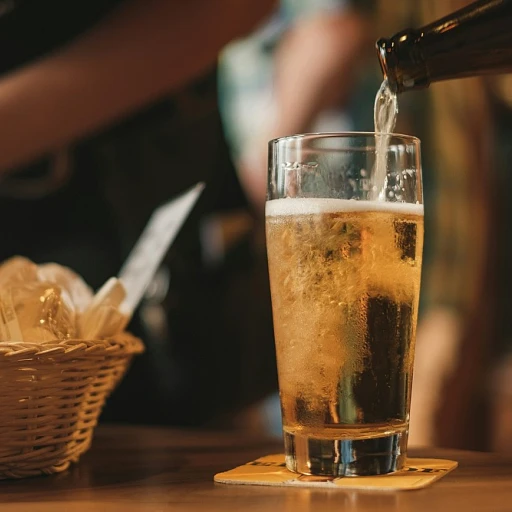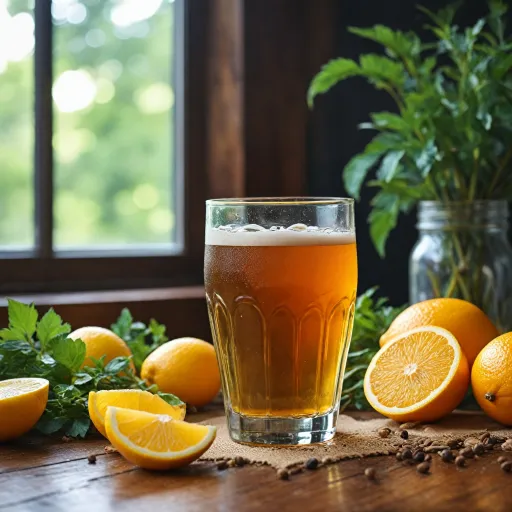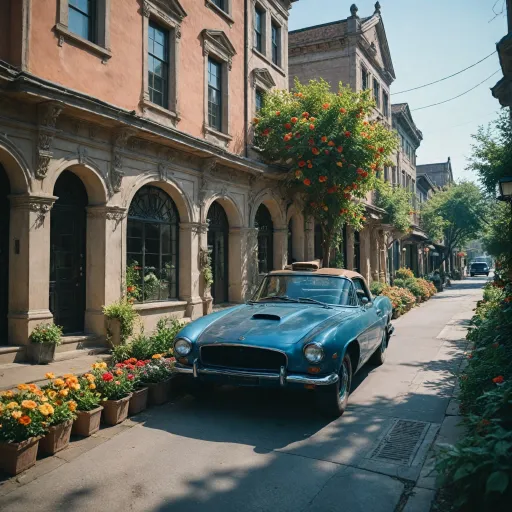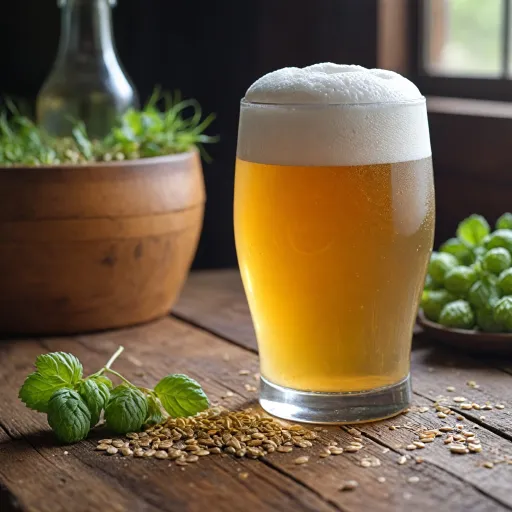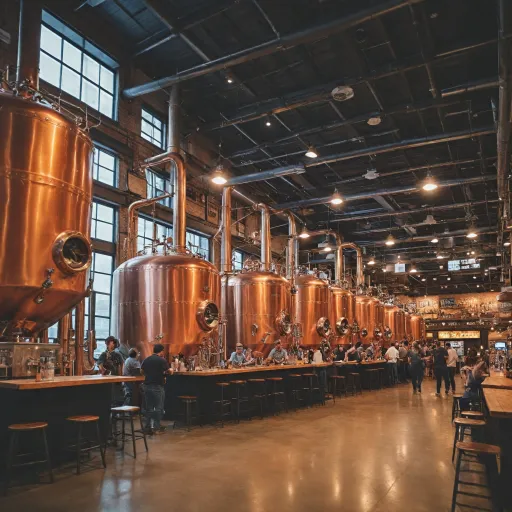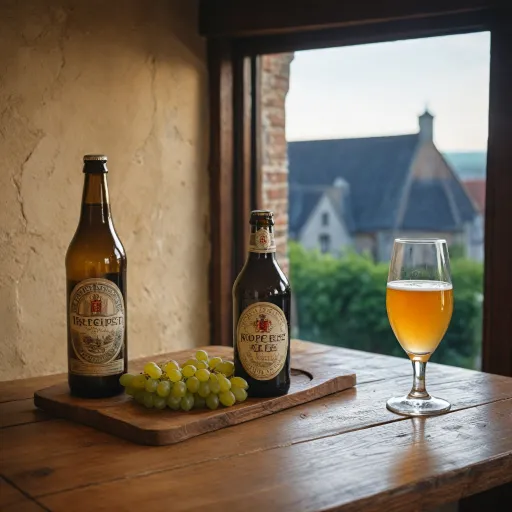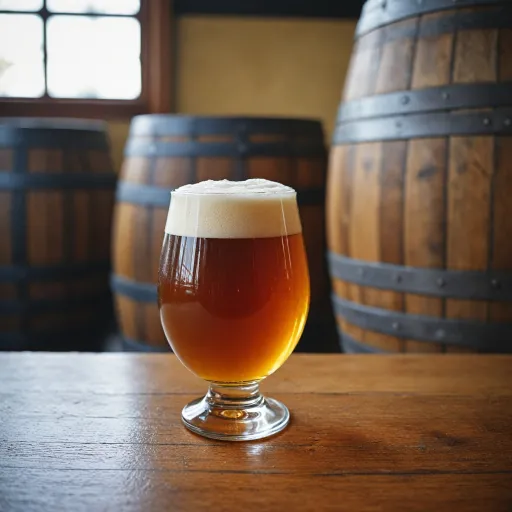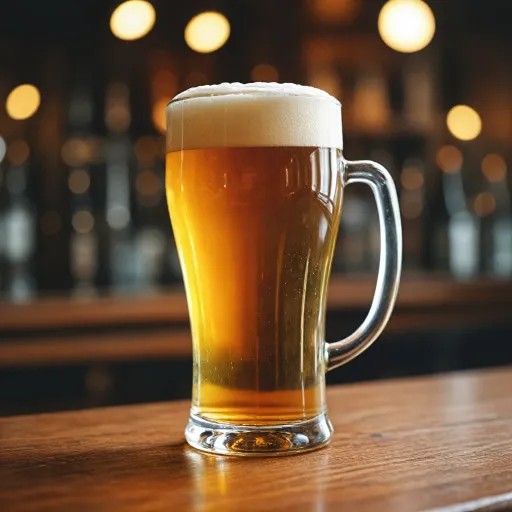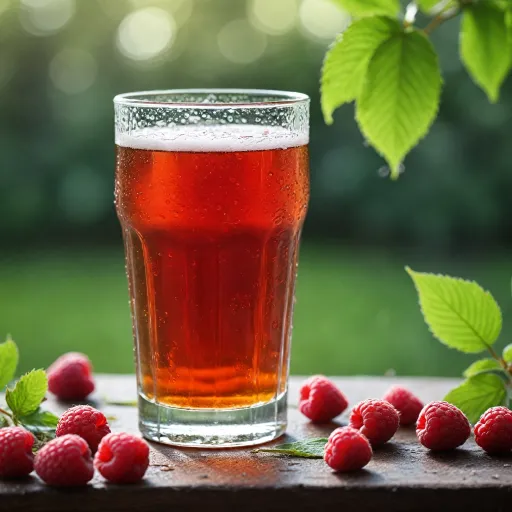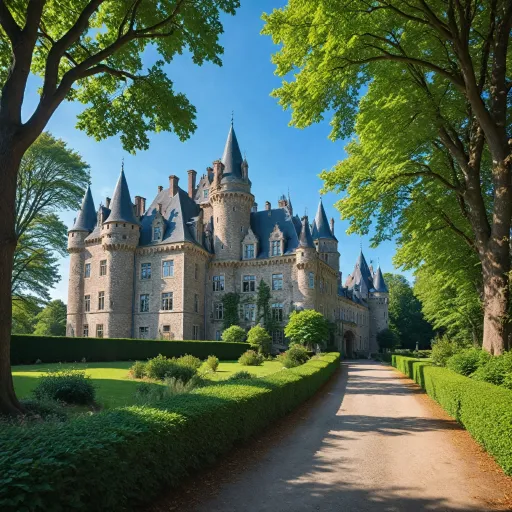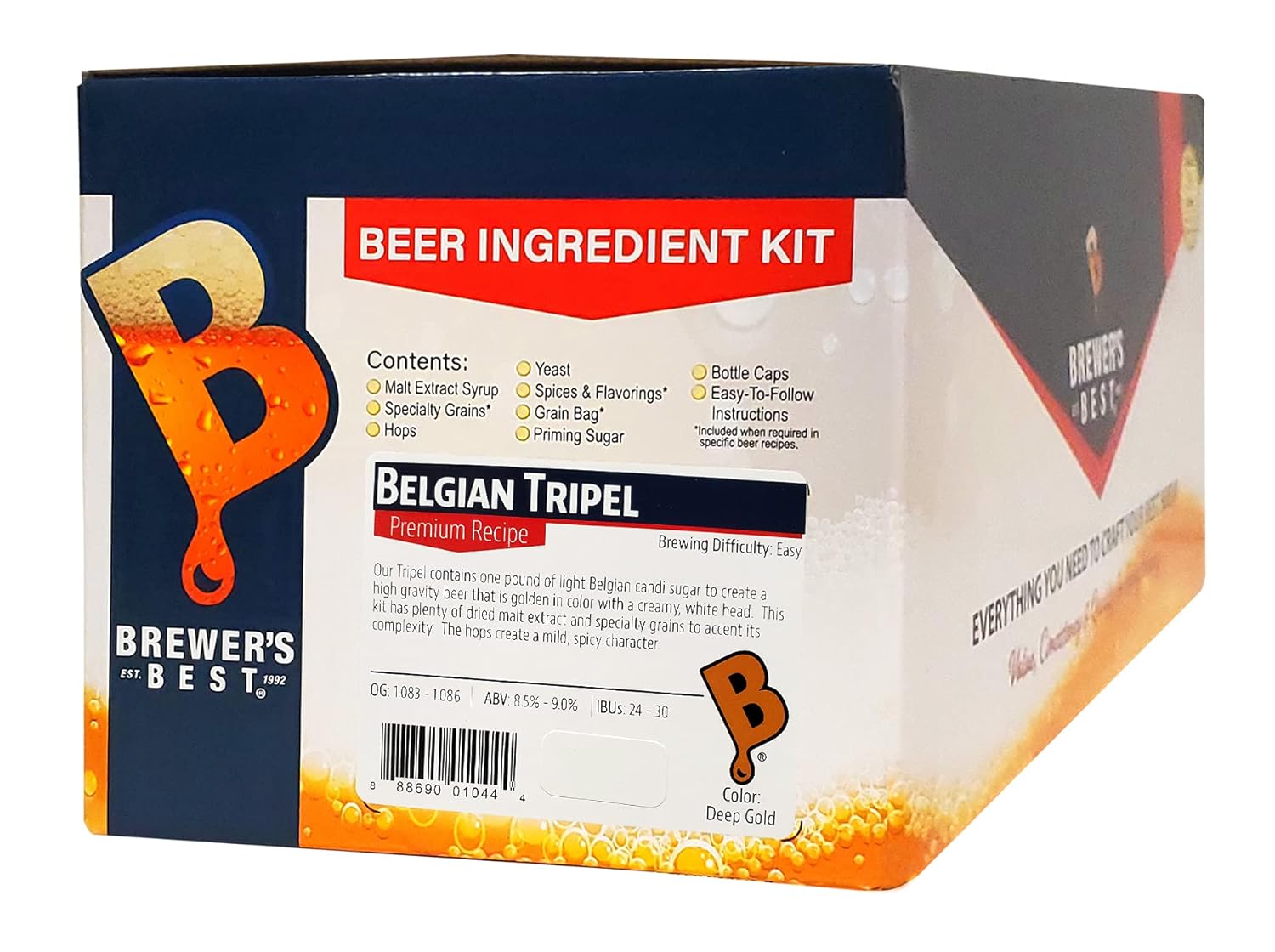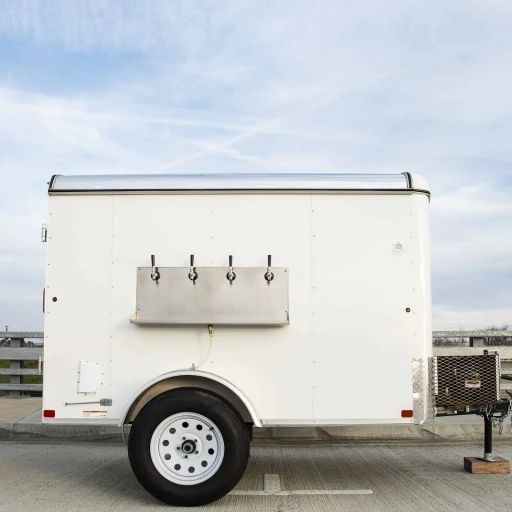
The Origins of Belgian Lagers
The Historical Pathway of Lager Brewing in Belgium
Belgium is renowned for its diverse beer culture, but the country’s lager brewing history is a tale less often told. Unlike the commonly celebrated Trappist and Abbey ales, Belgian lagers have roots that can be traced back to the overarching European lager revolution. Belgium embraced the lager brewing method, learning from its neighboring countries, particularly Germany and the Czech Republic, where brewing with bottom-fermented yeasts in cooler temperatures was gaining popularity. This method produced beers that were clearer, crisper, and more stable than traditional ales, enabling them to cater to a broader audience. In the beginning, Belgian brewers adapted traditional lager recipes, blending them with unique local techniques and ingredients. This fusion gave rise to distinct Belgian varieties such as blonde lagers and stronger, darker versions. Curious to delve into one of the most popular types? Discover more about blonde lagers and their rise in the Belgian beer panorama. Moreover, the brewing of lagers was also influenced by the industrial advancements of the time. The late 19th and early 20th centuries brought technological innovations that facilitated lager production, further helping their rise in popularity across Belgium. The Belgian lager landscape continued to evolve and establish itself firmly, offering a unique twist to the lager category. Today, the legacy of these early lager experiments can be tasted in many contemporary Belgian lagers, which have adapted and thrived alongside their more traditional ale counterparts. Whether you're sampling a blonde lager or a darker brew, the rich brewing tradition is evident in every sip.Tasting the Variety: From Blonde to Dark
Exploring the Spectrum of Belgian Lager Styles
Belgian lagers come in an intriguing range of styles and colors, offering something for every palate. Whether you prefer the crispness of a blonde lager or the more robust flavors of darker varieties, Belgian lagers provide a delightful journey through taste. One popular variety is the Belgian Blonde Lager. Known for its golden hue, this lager is typically light on the palate with a gentle malt sweetness and subtle notes of hops. It's often a crowd-pleaser due to its approachable flavors and refreshing finish, making it a great choice for those new to Belgian beers. The blonde lager pairs beautifully with seafood and lighter fare, enhancing the meal without overwhelming your taste buds. On the darker side, you have the Belgian Amber and the more intense Belgian Dark Lager. These beers boast a richer profile with deeper malty flavors, often featuring hints of caramel, toffee, and even chocolate. The complexity of these lagers makes them excellent companions for heartier dishes like beef stew or roasted meats, offering a warming complement to the meal. Belgium's brewing creativity doesn't stop there. Many breweries experiment with unique ingredients or brewing techniques to create exclusive seasonal or regional lagers. For example, some brewers infuse fruit into their lagers, as seen with the enchanting charm of Cherry Chouffe, adding an additional layer of flavor and a vibrant burst of color. Tasting Belgian lagers is truly an enjoyable exploration of variety. Each style offers a different sensory experience, inviting you to explore the wide spectrum of flavors and aromas that make Belgian lagers a noteworthy cornerstone in the world of beer.Iconic Breweries and Their Signature Brews
Famous Belgian Lager Breweries
Belgium, a well-known haven for beer enthusiasts, is home to several iconic breweries that have crafted lagers of various character and depth. Some have become household names, etching their mark on the global stage while retaining their unique Belgian heritage.
Stalwart Brewers and Their Specialty Lagers
A must-mention in the Belgian lager scene is Stella Artois. Established long before lager gained its worldwide popularity, this brewery has consistently produced the distinctly crisp and refreshing lager that many have come to love. It’s a classic choice that pairs well with various dishes, complementing Belgian cuisine quite well.
Jupiler is another exceptional brewery that specializes in Pilsner-style lagers. Dominating the Belgian beer market, Jupiler’s light, yet flavorful lagers have charmed countless beer drinkers. It's a brand synonymous with Belgian lager simplicity and perfection.
Artisan Breweries Offering Unique Lagers
Belgium is also home to smaller artisan breweries like Brasserie Dupont, providing a unique take on the lager experience. Their craftsmanship is evident in their seasonal offerings, and though more famous for its ales, Dupont’s seasonal lagers reflect both tradition and innovation.
One cannot overlook the role of resilient smaller brewers in enriching Belgium’s lager tapestry. These pioneering breweries thrive by incorporating regional ingredients and practices, adding a distinct local character to their lagers that stands out among the giants of the industry.
These breweries contribute significantly not only to the country's rich brewing tradition but also to the dynamic current market trends in Belgium, demonstrating that there's always something new to taste and enjoy in the world of Belgian lagers.
Pairing Belgian Lagers with Food
Enhancing Culinary Delights with Belgian Lagers
Belgian lagers are renowned for their diverse flavor profiles, making them a versatile companion for culinary experiences. Whether you're enjoying a light lager with a savory dish or a rich dark lager with dessert, there's a perfect pairing waiting to elevate your meal. Pairing Belgian lagers with the right food can enhance both the drink and the dish, creating a harmonious balance of flavors. Here are some general pairing suggestions:- Blonde Lagers: These lighter, refreshing lagers often have subtle malt flavors and a crisp finish, making them an excellent match for seafood dishes, such as grilled prawns or a simple white fish with lemon. They can also complement fresh salads or spicy Asian cuisine by cooling down the heat.
- Amber Lagers: With their slightly more robust malt profile and a hint of sweetness, amber lagers pair beautifully with roasted or grilled chicken and pork. Their versatile flavor also suits Mediterranean dishes that feature earthy spices and herbs.
- Dark Lagers: Rich and full-bodied, dark lagers can stand up to hearty meals. Try pairing them with slow-cooked stews or barbecued meats to match the smoky and savory flavors. For a sweet treat, consider enjoying a dark lager with a piece of chocolate cake or a creamy dessert.
The Current Market and Trends
The Evolving Landscape of Belgian Lagers
The Belgian lager market has experienced notable shifts and trends, affecting both producers and consumers alike. As beer enthusiasts will tell you, Belgium's rich history in brewing offers a variety of lagers that cater to different tastes and preferences—all of which continue to evolve in the current market.Craft Beer Movement: One of the most significant shifts has been the rise of the craft beer movement. Smaller breweries are contributing to an already diverse landscape by experimenting with unique flavors and brewing techniques. This offers beer lovers new and exciting options beyond traditional blonde or dark lagers. While the Belgian lager remains a staple, these craft variations bring a refreshing twist.
Sustainability and Ethics in Brewing: Producers are increasingly focusing on sustainable practices. Breweries are adopting eco-friendly methods, reducing waste, and emphasizing locally sourced ingredients. This trend aligns with global consumer preferences for more ethically produced goods, drawing a new audience to explore Belgian lagers.
Non-Alcoholic and Low-Alcohol Options: In response to changing drinking habits, more breweries are also investing in non-alcoholic and low-alcohol lagers. These options allow individuals to enjoy the crisp, refreshing flavors of a Belgian lager without the full effects of alcohol. This trend mirrors global health and wellness movements, making Belgian lagers accessible to a wider audience.
Online Accessibility and Global Reach: With the growth of e-commerce, Belgian lagers have become more accessible internationally. This global reach allows beer aficionados worldwide to indulge in the rich flavors that Belgian lagers have to offer, whether it's a classic brew or a new-age craft beer.
As Belgian lagers continue to capture the attention of beer lovers around the world, the market evolves in its commitment to innovation, sustainability, and greater accessibility. This vibrant scene ensures that the Belgian lager experience remains dynamic and engaging for all who wish to immerse themselves in its storied tradition.
